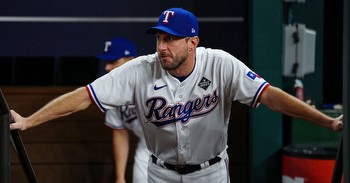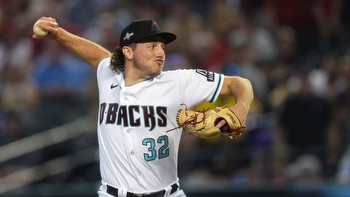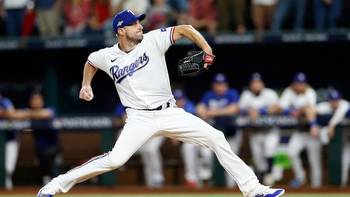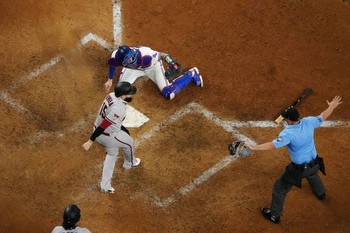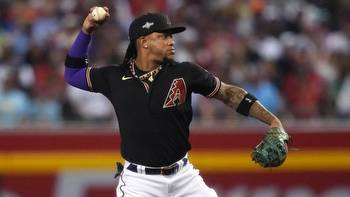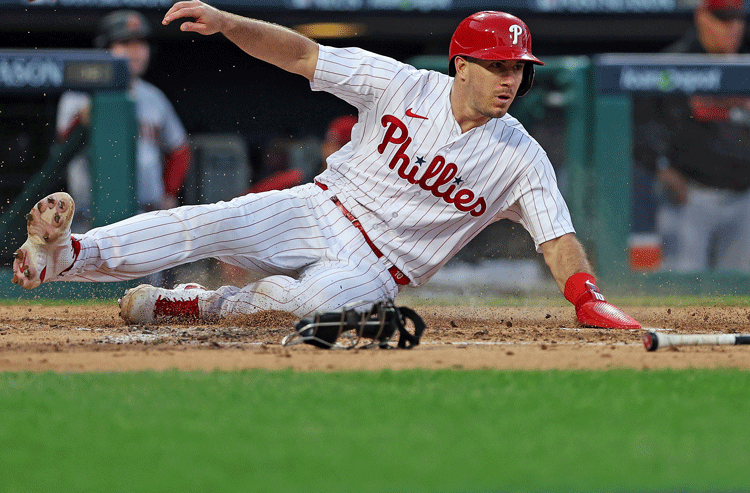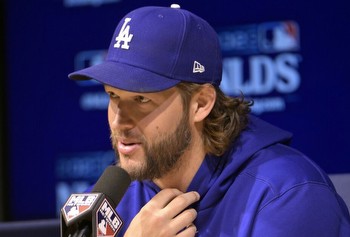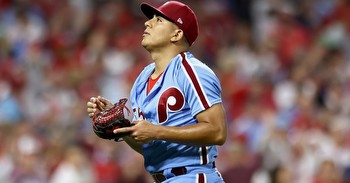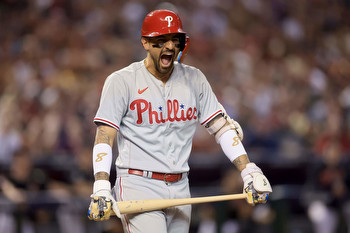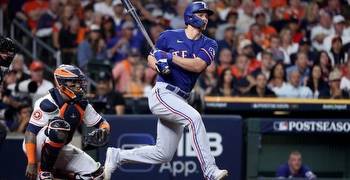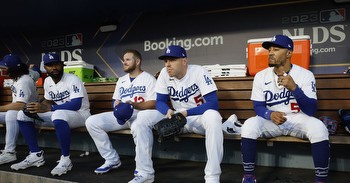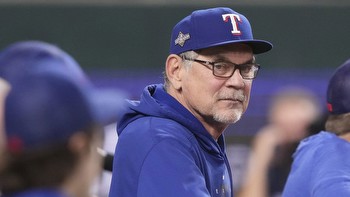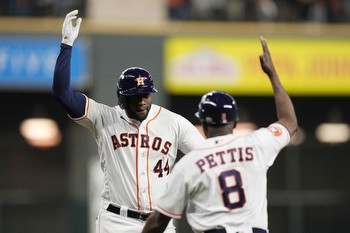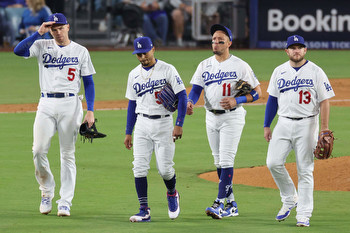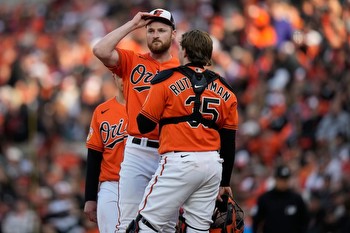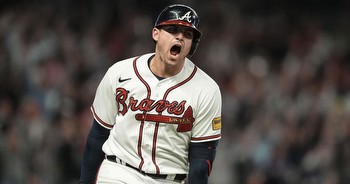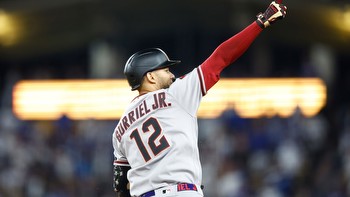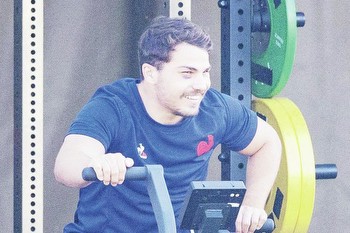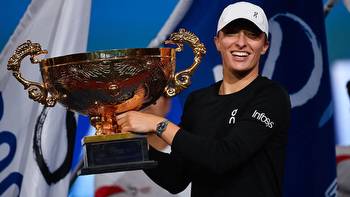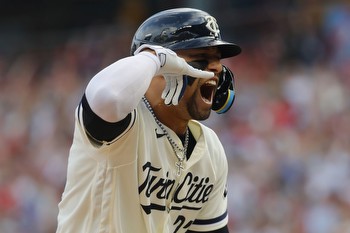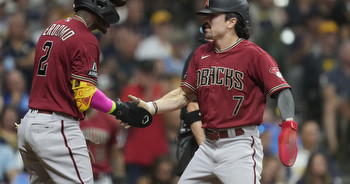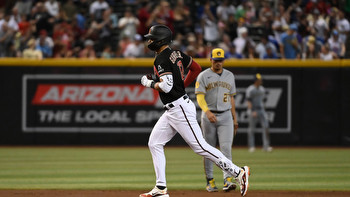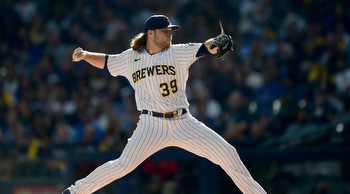Biggest Surprises and Disappointments of the 2023 MLB Playoffs So Far
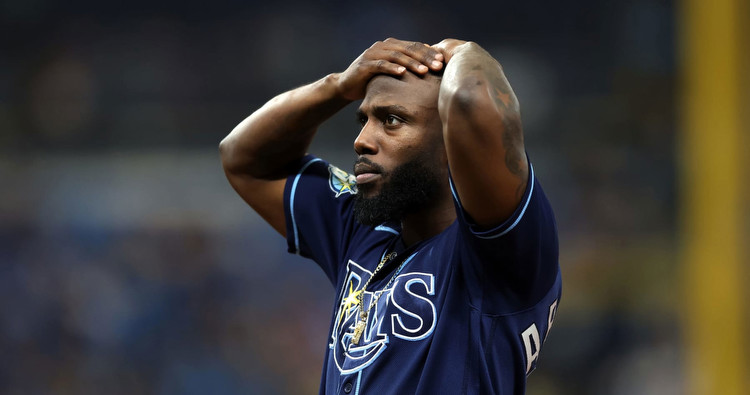
From red-hot offenses suddenly going ice cold to shaky bullpens evolving into rock-solid foundations for unexpected deep runs, the 2023 MLB postseason has already been jam-packed with both surprising and disappointing developments.
One man's trash can be another man's treasure here. While we are disappointed in the AL East going winless in the postseason, Texas Rangers fans are surely overjoyed. Likewise, Arizona Diamondbacks fans aren't too upset about Clayton Kershaw getting shelled in the first inning of Game 1 of the NLDS.
But the general idea is that players and teams performing better than expected are surprises, while the players and teams performing worse than expected are disappointments.
These surprises and disappointments are presented in no particular order, aside from oscillating between the two.
It's one thing for one rookie to have a great postseason.
Jeremy Peña was awesome last October. Randy Arozarena's run through the 2020 postseason was the stuff of legends. Back in the early 80's, rookie pitchers Fernando Valenzuela ('81) and Mike Boddicker ('83) played massive roles in their teams winning the World Series.
But this year, it has been a collection of rookies stealing the show, specifically for the underdogs in the ALDS and NLDS.
Arizona's Corbin Carroll is going to be named the 2023 NL Rookie of the Year in a few weeks, and he has been even more sensational this postseason, going 7-for-17 with a pair of home runs and six walks. Teammate Gabriel Moreno has homered three times—including one off Corbin Burnes and one off Clayton Kershaw—driving in what proved to be the winning run in both of those contests.
For Minnesota, Royce Lewis sure did set the tone early with home runs in each of the first two plate appearances of his postseason career, delivering early knockout blows to Toronto. He added a third four-bagger in Game 1 against Houston, as well as a fourth in Game 4.
For Texas, Josh Jung (8-for-20, 16 total bases) and Evan Carter (6-for-14, 12 total bases, 6 walks) have carried the offense to a 5-0 start. Jung was well on his way to AL ROY before suffering a fractured thumb in early August, but for Carter to be doing this when he was still playing Double-A ball in late August is just plain ridiculous. Cody Bradford also gave the Rangers 3.2 scoreless innings of work in Game 2 against Baltimore.
And for Philadelphia, late September call-up Orion Kerkering has allowed one hit in three innings of work and may well already be the most trustworthy right-handed reliever in that bullpen.
It's starting to feel inevitable that the World Series will feature multiple major moments involving at least one rookie.
During the regular season, the American League East was king, posting the best combined winning percentage (.554) by any five-team division in MLB history.
Some lot of good that did in October, though.
The 99-win Tampa Bay Rays got swept by the Texas Rangers in the Wild Card Round. After posting the AL's best run differential (plus-195) during the regular season, the Rays scored one run and committed five errors between the two losses in front of a historically sparse home crowd. There were understandable concerns about Tampa Bay's injury-depleted pitching staff heading into the postseason, but not having Shane McClanahan and Co. isn't why the offense vanished and the defense fell apart.
While the Rays were getting swept, so were the Toronto Blue Jays, who also scored only one run between their two losses in Minnesota. John Schneider's decision to pull José Berríos in the fourth inning of Game 2 with met with all sorts of backlash, but getting only one extra-base hit in the series was the much bigger culprit.
Most disappointing of all, the 101-win Baltimore Orioles—who had not been swept in any regular-season series since May 2022—went 0-3 in the ALDS against Texas. Kyle Bradish pitched well in the opener. Gunnar Henderson went 6-for-12 at the dish, hitting every bit as well as the many other rookies previously mentioned. But as a whole, the O's walked way too many Rangers hitters and couldn't get into an offensive groove until it was too little, too late.
We see this all the time in men's college basketball, too: The clear-cut best conference during the regular season sends a bunch of teams to the NCAA tournament, they all get knocked out before the Final Four, and everyone rushes to say the league was overrated. But all you get for being the best conference/division for months is a few extra tickets to the small sample-size lottery, where you hope you've saved your best for last and that good luck is on your side.
Suffice it to say, it didn't work out that way for the AL East.
To put it lightly, Carlos Correa didn't have a great regular season.
The age-28 campaign has traditionally (at least anecdotally) been when position players hit their career's peak, but 2023 was a valley for Correa, who put up career-worst marks in both batting average and on-base percentage while flirting with an MLB record for most double plays grounded into in a single season.
Correa also missed the final two weeks of the regular season when the plantar fasciitis he had been battling for most of the season turned into a "full tear to the central cortex of the fascia."
Correa said he was confident he would be out there for Minnesota's postseason opener, but whether that would actually be a positive for the Twins was anyone's guess. Evidently, though, that full tear was exactly what the doctor ordered.
Correa went 8-for-15 at the dish in his first four games, delivering massive hits in both Game 2 against Toronto and Game 2 against Houston. His defense was also crucial in both of those games, as he orchestrated the momentum-destroying pickoff of Vladimir Guerrero Jr. at second base and made a terrific diving stop to record the final out against the Astros.
In the latter game, Correa also moved into a tie with David Justice for the third-most postseason RBI in a career. He still has a ways to go to catch Bernie Williams (80) and Manny Ramírez (78), but getting to 63 in a win over his former team was a special moment.
However, he couldn't save the Twins in Games 3 and 4 of the ALDS as the Astros advanced to their seventh consecutive ALCS.
Clayton Kershaw is indisputably one of the best ever to toe the rubber.
Among the 343 pitchers to have logged at least 1,500 innings since the mound was lowered in 1969, Kershaw's career 2.48 ERA is the best by a mile. (The next-closest is Jim Palmer at 2.80.) If he decides to come back for one more season, he could allow 96 earned runs without recording a single out and would still have the lowest ERA on that list.
But throughout his sensational career, Kershaw has been mortal in the playoffs. He entered this postseason with an ERA of 4.22 across 38 appearances, and he got shelled like never before in Game 1 of the NLDS against the Diamondbacks, allowing six earned runs while recording only one out.
The scorekeeper reasonably could have ruled the first hit an error. Center fielder James Outman got to the ball, but it took an awkward leap and hit off the heel of his glove. But whether it was a double or a two-base error, that thing was tattooed by Ketel Marte. As were each of the other five balls put into play against Kershaw. Even Lourdes Gurriel Jr.'s groundout was a worm-burner at shortstop Miguel Rojas.
In the blink of an eye, a series that many expected the Dodgers to sweep had swung drastically in Arizona's favor, as a pitching legend—one who had a 1.59 ERA over his final 12 appearances of the regular season—was left to hang his head in the dugout.
Arizona was battling until the final weekend of the regular season to secure its spot in the postseason field, so it didn't have the luxury of setting up its starting rotation for the playoffs.
Zac Gallen pitched the final Friday of the regular season, with Merrill Kelly following him on Saturday. Neither would have been able to pitch Game 1 against Milwaukee on regular rest.
The Diamondbacks had little choice but to turn to rookie Brandon Pfaadt to start the opener against Corbin Burnes, setting up what on paper must have been one of the most lopsided Game 1 pitching matchups in postseason history.
Yes, Pfaadt was a touted prospect at the beginning of the year and was much better over the final 10 weeks of the regular season than he was in his first samplings of the majors in the first half of the season. Still, it was a rookie who went 3-9 with a 5.72 ERA going against the 2021 NL Cy Young winner, who had allowed only six hits in 15 innings of work in his postseason career.
And yet, the Diamondbacks pulled off a stunner when Burnes allowed three home runs in the span of five batters.
Pfaadt didn't outpitch Burnes with any sort of gem here. Arizona's bullpen fueled the win, astoundingly going 6.1 scoreless innings after Pfaadt allowed eight baserunners while recording his eight outs.
Of all the single-game outcomes thus far in the postseason, though, Arizona winning that game was arguably the biggest surprise.
As far as FanGraphs' Offense rating is concerned, the Atlanta Braves were clearly the most proficient hitting and running team of this season. You have to go all the way back to the 1931 New York Yankees to find the last time an offense was this potent.
While leading the majors in runs scored, batting average, on-base percentage, slugging percentage and plenty more, Atlanta out-homered its closest competition in that department (the Los Angeles Dodgers) by a 307-249 margin.
All nine Braves regulars hit at least 17 home runs, and shortstop Orlando Arcia was the only one with a below-average wRC+—and just barely at that.
In the entire regular season, the Braves got shut out only twice, and they never went more than 13 innings without scoring a run, per Battery Power's Brad Rowland.
Basically, this was the last team you would suspect to suddenly forget how to score in October. But 14.2 innings into the postseason, Atlanta had amassed zero runs and only five hits—all singles.
After Zack Wheeler carried a no-hitter into the sixth inning of Game 2, the Braves rallied in an unforgettable way with Travis d'Arnaud—who got the start over Sean Murphy because of his 1.090 career OPS against Wheeler—breaking the dam with a two-run smash in the seventh.
Up until that point, though, Philadelphia's ability to silence Atlanta's bats was nothing short of shocking, especially considering the Braves had scored at least four runs in 11 of their 13 regular-season games against the Phillies.
Of the 12 teams that made the postseason, the two with the most problematic bullpen situations were clearly the Texas Rangers and the Arizona Diamondbacks.
Per FanGraphs, Arizona relievers had a collective 4.49 ERA after the All-Star break and were worth a combined total of negative-0.1 wins above replacement. That was better than Texas, with marks of 5.01 and negative-0.3, respectively.
To be fair, the situation wasn't all bad for either squad. Kevin Ginkel pitched well all season for the Diamondbacks, and both Ryan Thompson and Andrew Saalfrank were valuable late additions to the roster. And for the Rangers, José Leclerc emerged in September as the clear best option for save situations.
However, winning the type of "bullpen game" that so often arises in the postseason didn't seem particularly likely for Arizona or Texas.
Lo and behold, while sweeping its first two series, Texas' bullpen logged 16.2 innings with a 2.16 ERA and a 9.7 K/9. And while winning their first four postseason games, Arizona relievers pitched 20.1 innings with a 1.77 ERA and a 10.2 K/9, combining for two wins, 12 holds and four saves.
Each offense averaging at least six runs per game is the bigger reason Arizona and Texas have started out a combined 10-0 in the postseason. But the surprisingly stingy contributions from the bullpen have also played a huge role in the success of those wild-card teams.
Mookie Betts and Freddie Freeman were two of the best players in all of baseball during the regular season. The former hit .307 and slugged .579; the latter finished at .331 and .567, respectively. They combined for 68 home runs, 170 extra-base hits, 257 runs, 209 RBI and 37 stolen bases.
They were an even better version of St. Louis' Paul Goldschmidt and Nolan Arenado battling each other for NL MVP in 2022.
And, historically, both had been reasonably solid in October. Betts hit .288 over the past three postseasons with the Dodgers, while Freeman was a career .296 hitter with a .947 OPS in the first 46 postseason games of his career.
However, in the NLDS against the Diamondbacks, that dynamic duo simply didn't have it.
Betts went 0-for-11 with a walk. Freeman went 1-for-10 with a pair of walks, and that lone hit was an infield single where he had to slide into first to beat Zac Gallen to the bag.
And when the Dodgers needed them the most, they both went down swinging on pitches out of the strike zone.
Kolten Wong led off the eighth inning of Game 3 with a four-pitch walk. It was a 4-2 game, so the next batter up represented the tying run. But Betts fanned on a low and outside slider, followed by Freeman hacking at a fastball up and away.
That was pretty much all she wrote as the Diamondbacks shocked everyone by sweeping the Dodgers.

